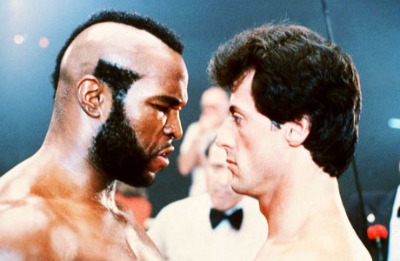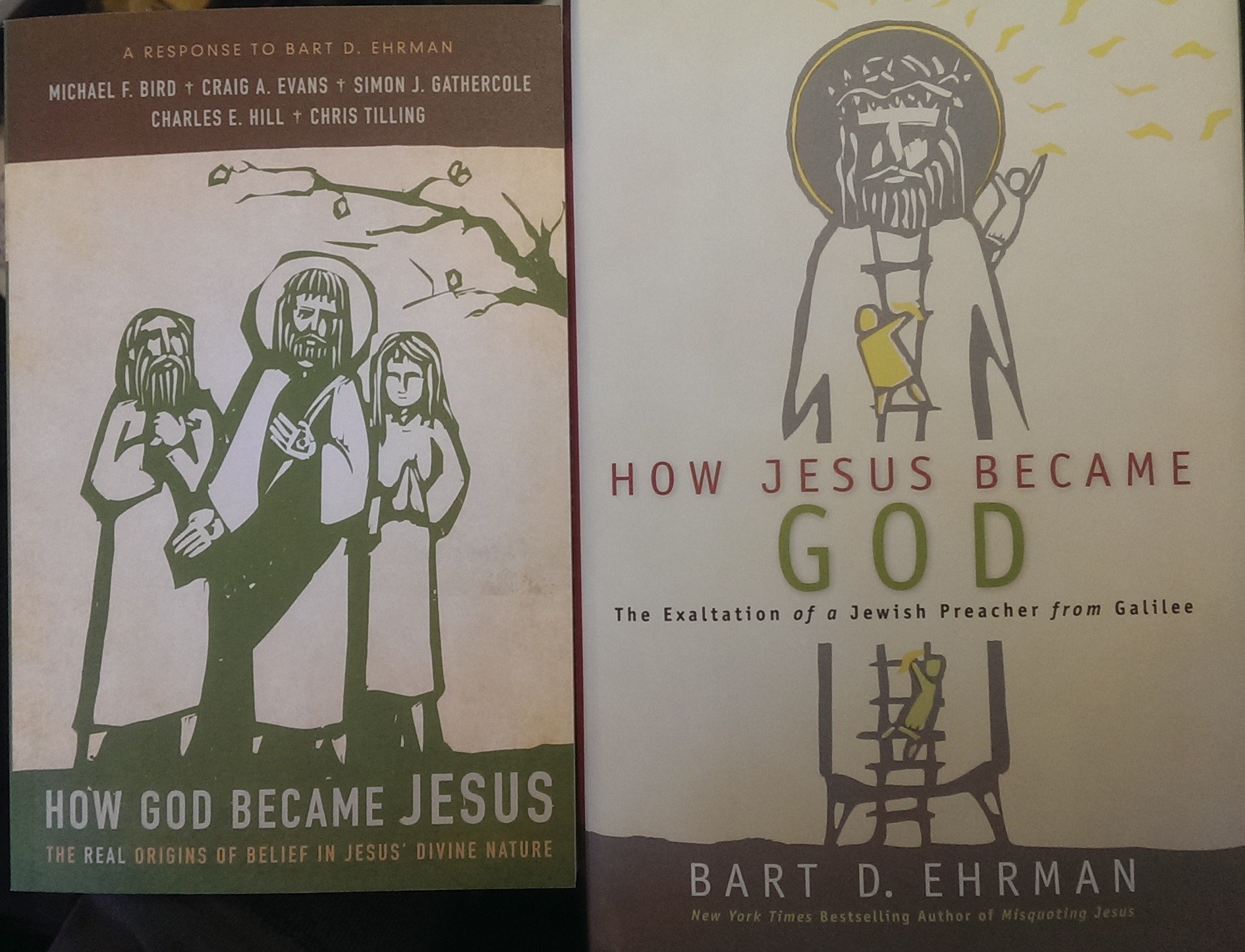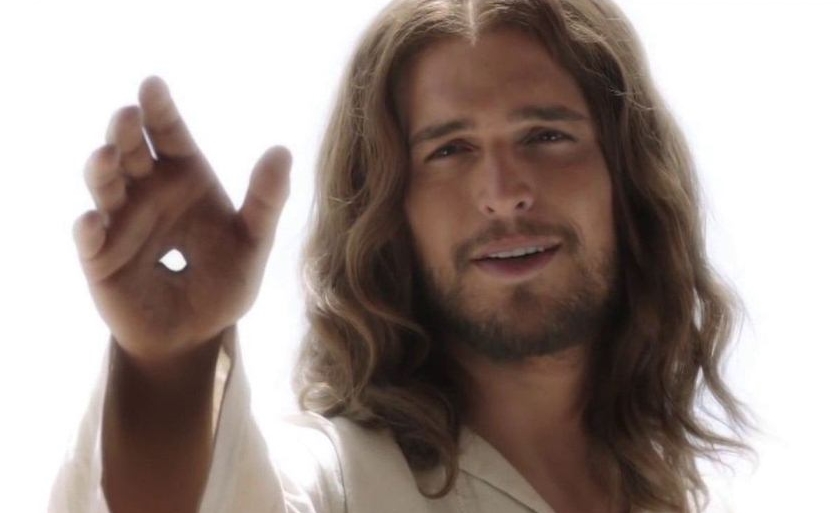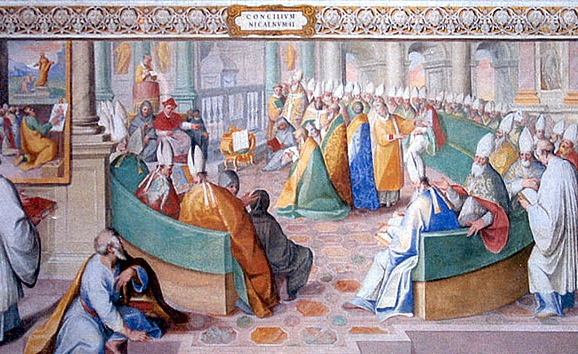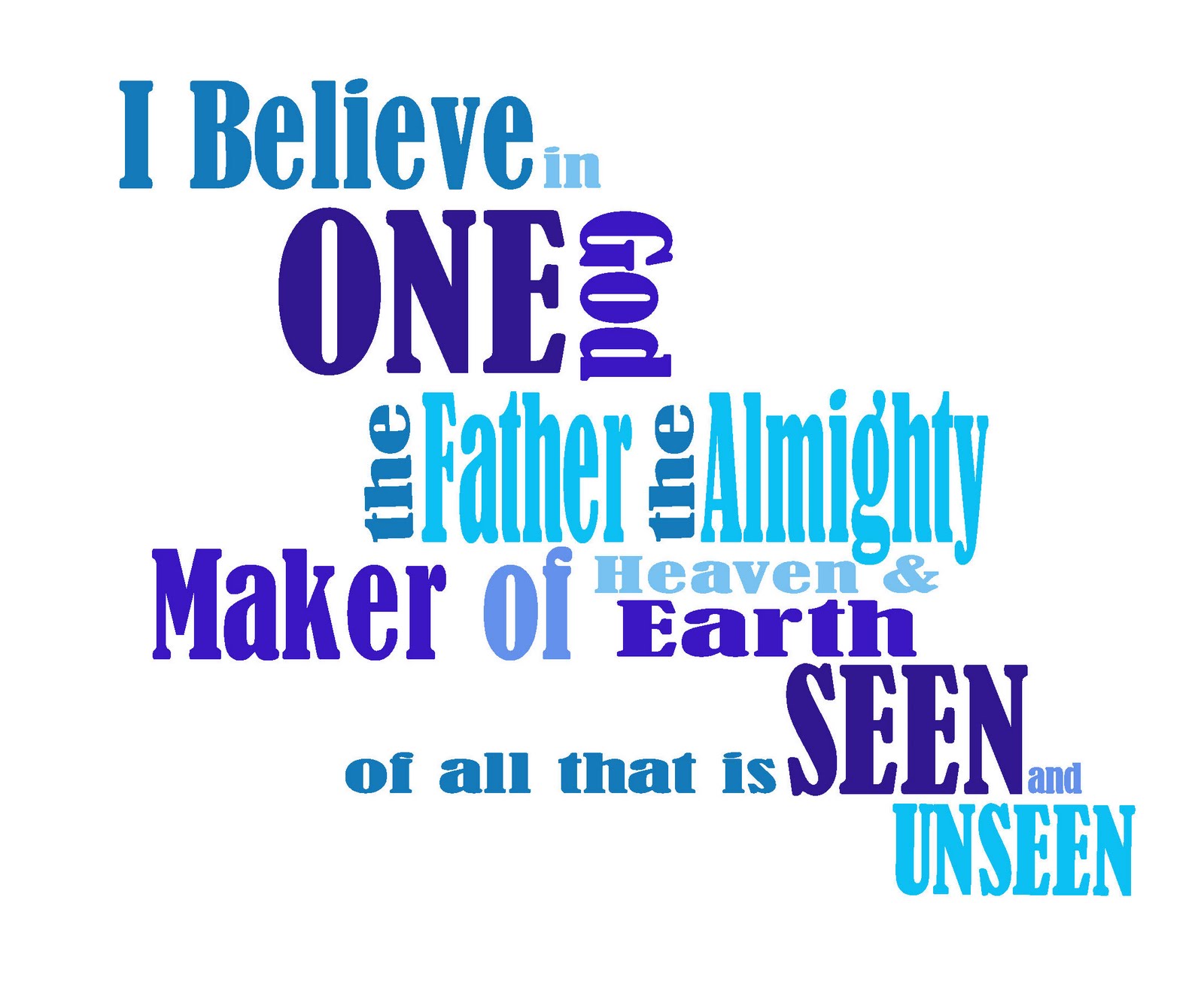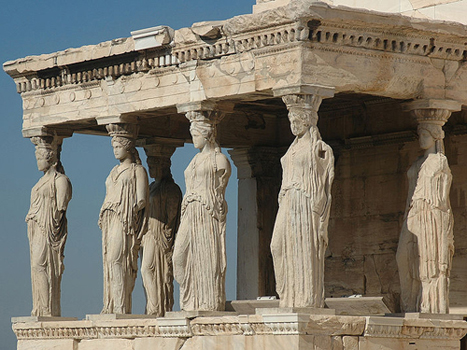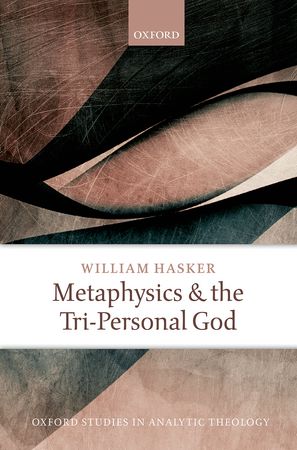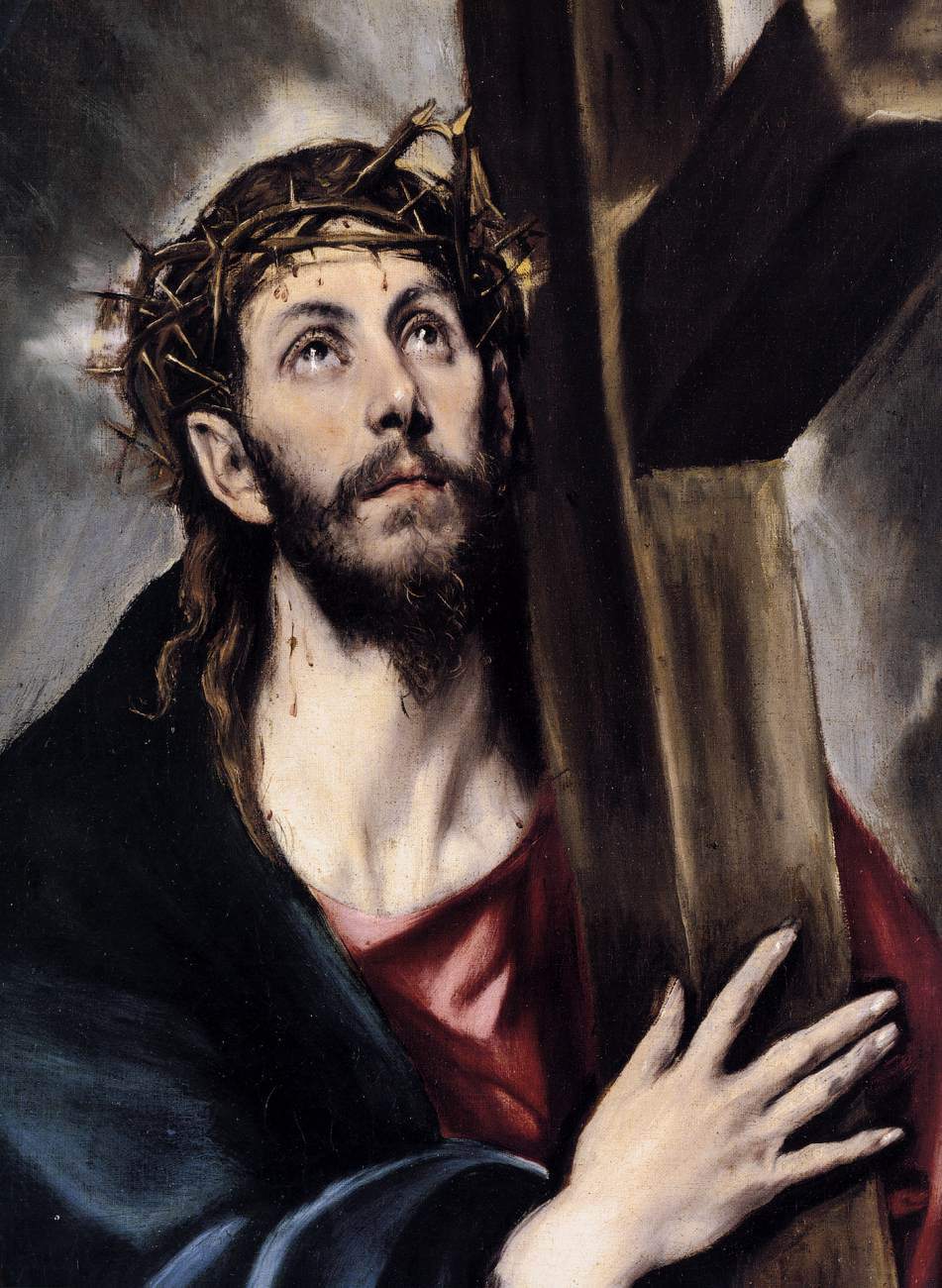Pro and Con books published at once – How’d that happen?
These two. Atheist blogger Hemant Mehta explains how this happened. (H/T James McGrath) And he makes an interesting point about it. Yes, I would be shocked too. (Read to the end of his post.) But, I think Christians and Christians publishers should promote debate. Anyone who is confident in their case is all for debate. Update: Justin Brierley’s show Unbelievable has put up part 1 of a… Read More »Pro and Con books published at once – How’d that happen?

